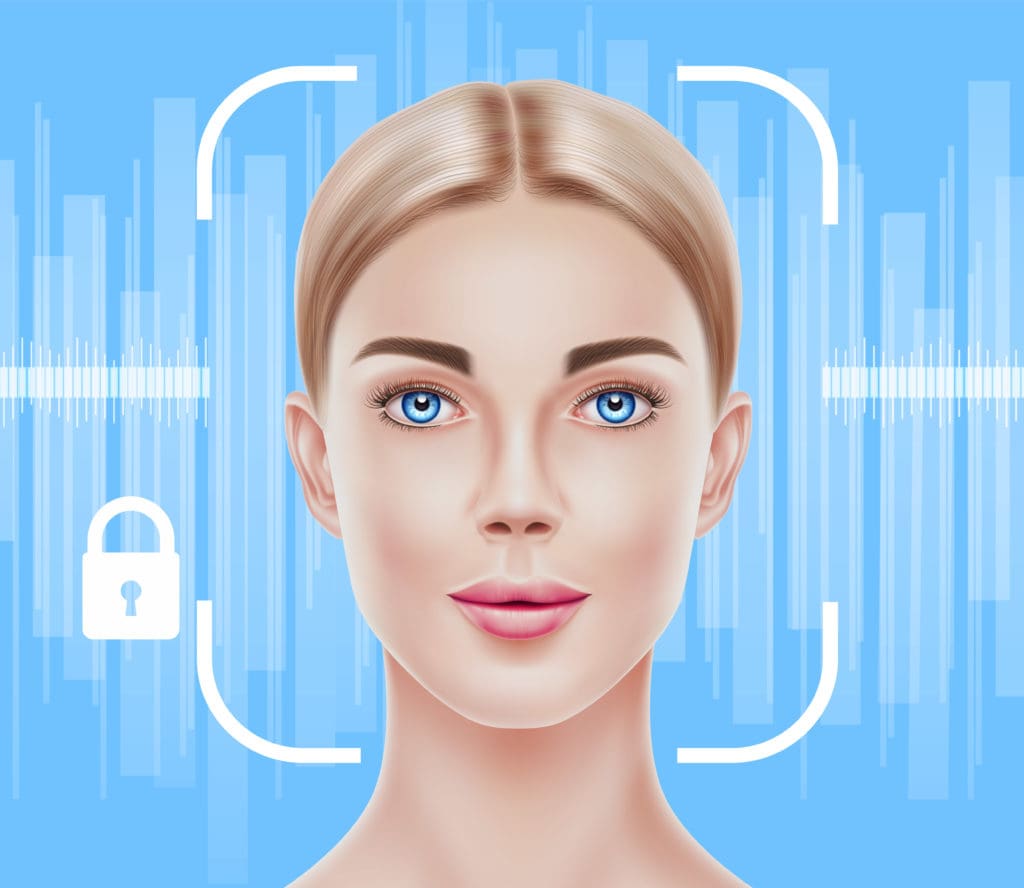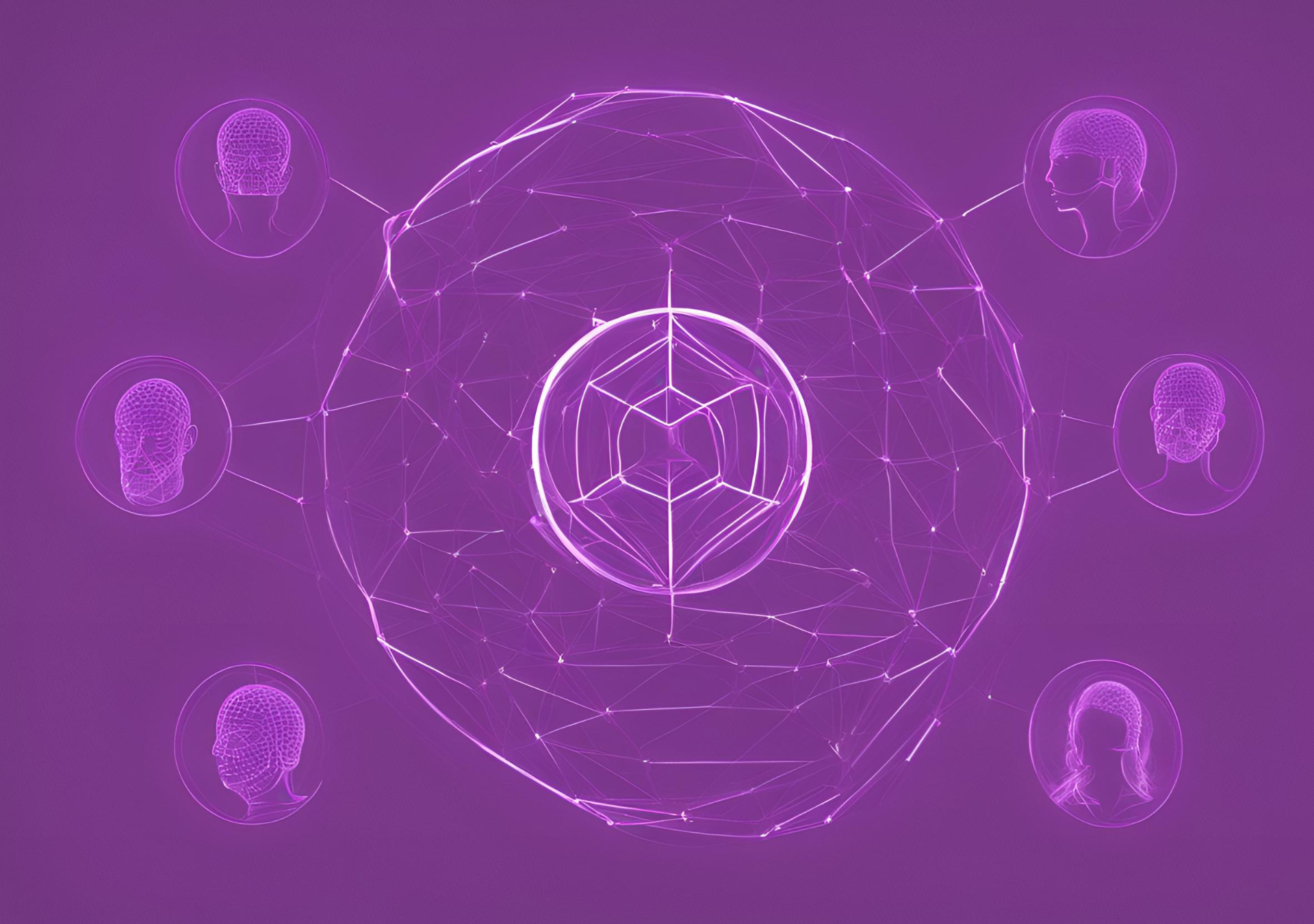The Allure of Privacy
WhatsApp’s new biometric unlock and chat lock features are innovative tools designed to offer an extra layer of security to your conversations. But as they say, the devil’s in the details.
Intriguing Innovation or Invasive Incursion?

Though these features may give a comforting illusion of enhanced privacy, there’s a flip side to the coin. By enabling these, you are entrusting WhatsApp with a higher level of access to your sensitive data. Your face ID, fingerprints, and whatnot! – data more personal than your name or phone number. This begs the question – are we trading our privacy for perceived security?
Secure Solution or Stealthy Siphon?
Let’s chew on this for a minute – are these tools truly securing your data, or are they just another means to siphon off your biometric data and private conversations? In an age where data breaches and identity theft are becoming increasingly commonplace, these concerns are far from unwarranted.
Facebook’s History of Data Handling: Foreshadowing a Pattern for WhatsApp?
In what was one of the most significant data privacy scandals, Facebook, now known as Meta, was held accountable for the improper handling of user data in the infamous Cambridge Analytica case. In 2018, it came to light that the political consulting firm Cambridge Analytica had harvested the personal data of millions of Facebook users without their consent and used it for political advertising purposes. This gross violation led to Facebook (Meta) being fined $5 billion by the Federal Trade Commission in 2019.
The ownership of WhatsApp under the same umbrella raises genuine concerns. Could we possibly see a repetition of such mishandling of data with WhatsApp as well, considering it now also belongs to Meta and has started introducing features that involve access to sensitive biometric data? The fact that these incidents are not mere hypotheticals but are based on a real historical event underscores the seriousness of the potential risks.
The Unsettling Underbelly

As the boundaries between technology and privacy blur, it’s crucial to understand where we draw the line. We should be able to communicate securely without feeling watched or having our private data exposed to potential threats. We need solutions that respect our boundaries while enhancing the security of our digital interactions.
SoulScan: The Secure Alternative to Centralized Biometric Storage
In contrast to platforms like WhatsApp, which store users’ biometric data in a centralized system, SoulScan operates differently. Our proprietary biometric scan technology does not store any biometric data. Instead, it transforms the data into a unique hash value, and this is what gets stored. Thus, even in an unlikely event of a data breach, there’s no actual biometric data to steal.

This approach amplifies user security and privacy, eliminating the risk associated with centralized data storage. SoulScan stands as a testament to Soulverse’s commitment to privacy and security, showing that it’s entirely possible to deliver cutting-edge functionality without compromising user safety.
Soulverse’s Promise: Privacy, Preserved
Soulverse steps in right here with a commitment to your privacy and digital security. Our solutions are designed to empower users, giving them control over their data while ensuring a secure communication environment. It’s time we reclaim our privacy, one chat at a time.





